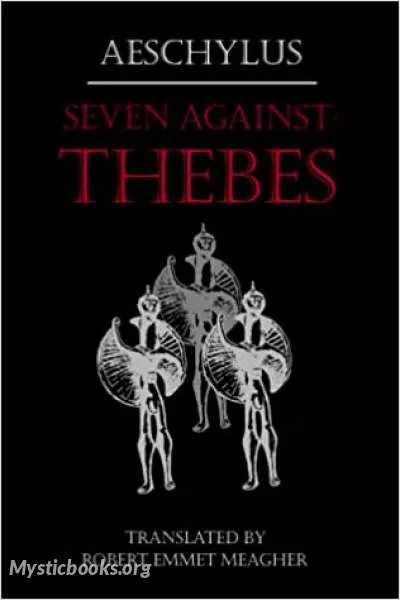
Seven Against Thebes
by Aeschylus
'Seven Against Thebes' Summary
Seven Against Thebes features little action; instead, the bulk of the play consists of rich dialogues between the citizens of Thebes and their king Eteocles regarding the threat of the hostile army before their gates. Dialogues show aspects of Eteocles' character. There is also a lengthy description of each of the seven captains that lead the Argive army against the seven gates of the city of Thebes as well as the devices on their respective shields. Eteocles, in turn, announces which Theban commanders he will send against each Argive attacker. Finally, the commander of the troops before the seventh gate is revealed to be Polynices, the brother of the king. Then Eteocles remembers and refers to the curse of their father Oedipus. Eteocles resolves to meet and fight his brother in person before the seventh gate and exits. Following a choral ode, a messenger enters, announcing that the attackers have been repelled but that Eteocles and Polynices have killed each other in battle. Their bodies are brought on stage, and the chorus mourns them.
Due to the popularity of Sophocles' play Antigone, the ending of Seven Against Thebes was rewritten about fifty years after Aeschylus' death. While Aeschylus wrote his play to end with somber mourning for the dead brothers, it now contains an ending that serves as a lead-in of sorts to Sophocles' play: a messenger appears, announcing a prohibition against burying Polynices; his sister Antigone, however, announces her intention to defy this edict.
Book Details
Authors
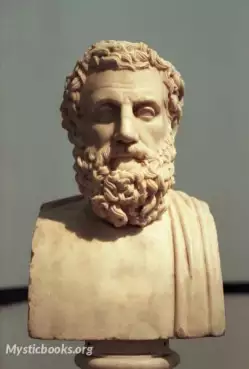
Aeschylus
Greece
Aeschylus was an ancient Greek author of Greek tragedy, and is often described as the father of tragedy. Academics' knowledge of the genre begins with his work, and understanding of earlier Greek trag...
Books by AeschylusDownload eBooks
Listen/Download Audiobook
- Select Speed
Related books
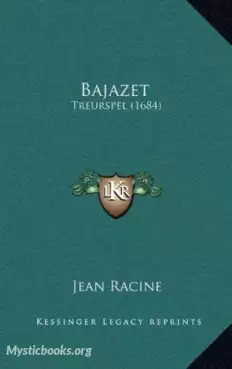
Bajazet by Jean Racine
"The time to which this tragedy relates is much later than that of any other of Racine's historical plays. The capture of Babylon (or rather Bagdad) f...
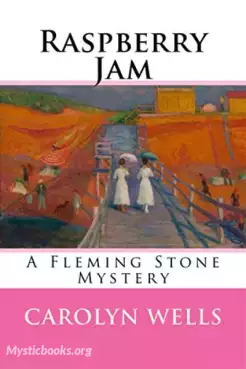
Raspberry Jam by Carolyn Wells
When a titan of industry is found dead in his locked bedroom without evidence of natural death. The doctors and the police are trying to figure out wh...
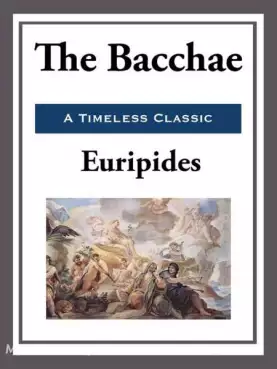
The Bacchae by Euripides
The Bacchae is an ancient Greek tragedy, written by the Athenian playwright Euripides during his final years in Macedonia, at the court of Archelaus I...
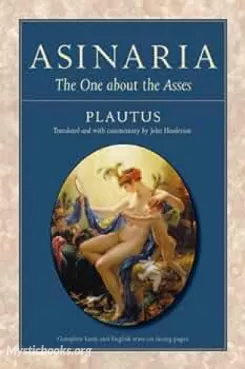
Asinaria; or, The Ass-Dealer by Titus Maccius Plautus
In the lively and comedic play "Asinaria; or, The Ass-Dealer" by Titus Maccius Plautus, ancient Athens becomes the backdrop for a tale of greed, love,...
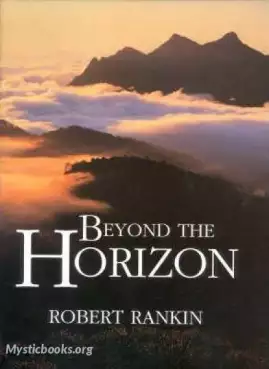
Beyond the Horizon by Eugene O'Neill
Beyond the Horizon is a play written by American playwright Eugene O'Neill. Although he first copyrighted the text in June 1918, O'Neill continued to...
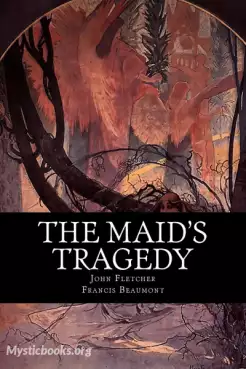
The Maid's Tragedy by Francis Beaumont
Beaumont and Fletcher's The Maid's Tragedy (first published 1619) is a sensational Jacobean sex tragedy. When gentleman soldier Melantius returns to R...
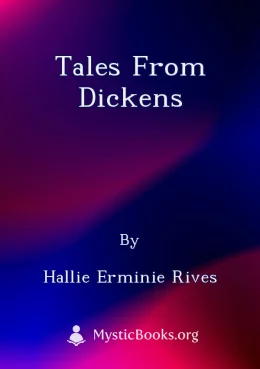
Tales From Dickens by Hallie Erminie Rives
Relive the magic of Charles Dickens' beloved novels with this audiobook adaptation, brought to you by the acclaimed author Hallie Erminie Rives. Rives...
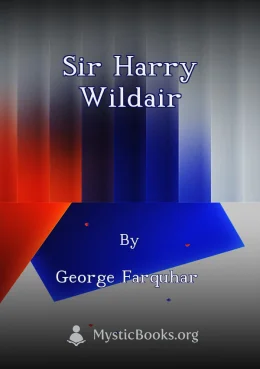
Sir Harry Wildair by George Farquhar
Sir Harry Wildair is a Restoration comedy by George Farquhar, a sequel to his earlier play *The Constant Couple*. Set in the bustling and fashionable...

Breaking Winnie; A Comedy in Three Acts by Carl Webster Pierce
In the uproarious world of "Breaking Winnie: A Comedy in Three Acts" by Carl Webster Pierce, mischief and merriment take center stage, promising a del...
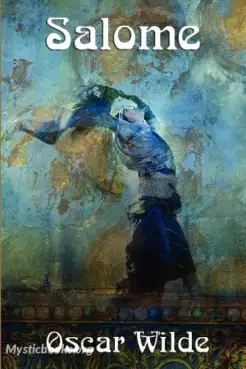
Salome by Oscar Wilde
Salome is a one-act tragedy by Oscar Wilde. The original 1891 version of the play was in French; an English translation was published three years late...
Reviews for Seven Against Thebes
No reviews posted or approved, yet...